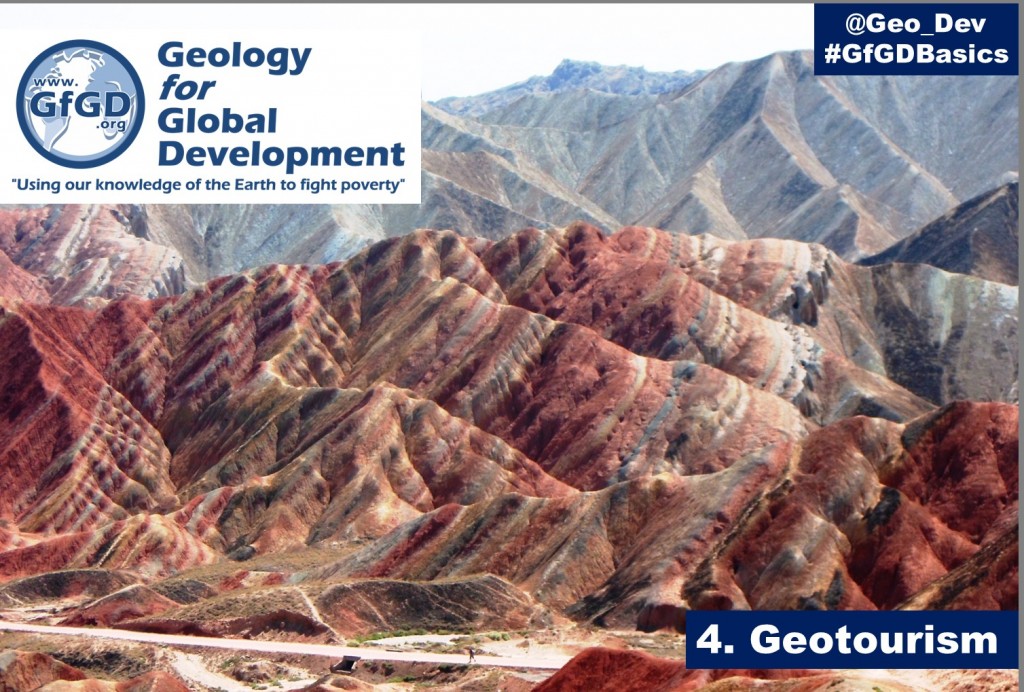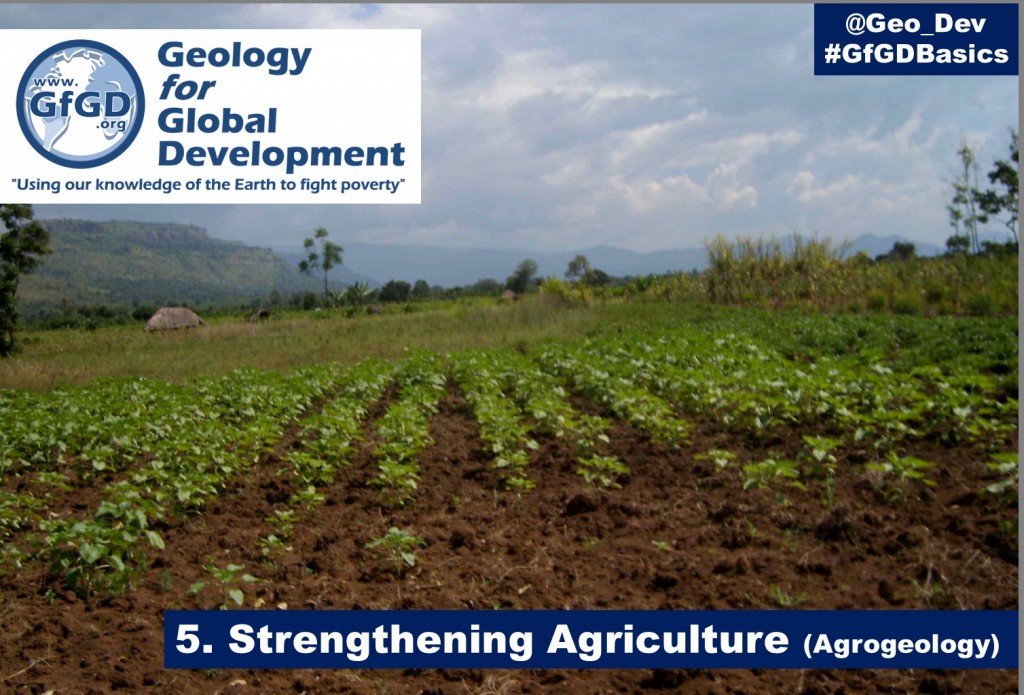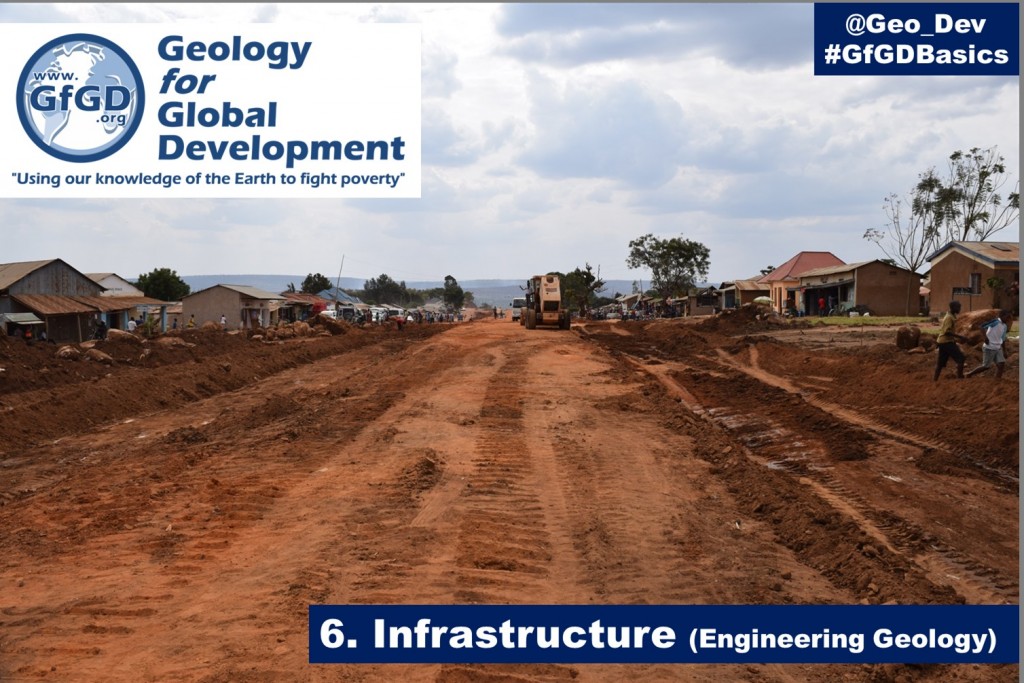How can an understanding of geology support and strengthen international development?
#4 – Geotourism. Many geological features carry enormous value, not just in terms of their scientific importance, but also as an attraction to domestic and international visitors. Unusual rock formations, key geomorphic features, volcanic landscapes etc are all destinations that may help countries generate income and livelihoods. If it is done well, this can help support geoconservation of key sites for future generations and geoeducation – helping a range of people better understand their natural heritage. Our feature image today is from Zhangye, in the Gansu Province of China, showing the colourful Danxia landform.
#5 – Agrogeology is the application of geology to agricultural practice, examining how soil nutrients, pH and soil structure can be improved using locally available, mineral-rich rock materials. Food security and sustainable agriculture is fundamental to global development. A key text, Rocks for Crops, outlining the principles of agrogeology, has been written by Dr Peter Van Straaten. You can find this –http://www.uoguelph.ca/~geology/rocks_for_crops/
#6 – Infrastructure development (e.g., roads, bridges, dams, ports, airstrips) requires a thorough understanding of ground conditions. Engineering geologists are an important part of the team attempting to assess soil and rock mass behaviour, determine slope stability and understand the hydrogeological regime in the area under development, in order to develop resilient infrastructure. Resilient infrastructure supports the fight against global poverty. Good transportation infrastructure, for example, enables better access to markets, education, and healthcare facilities.



